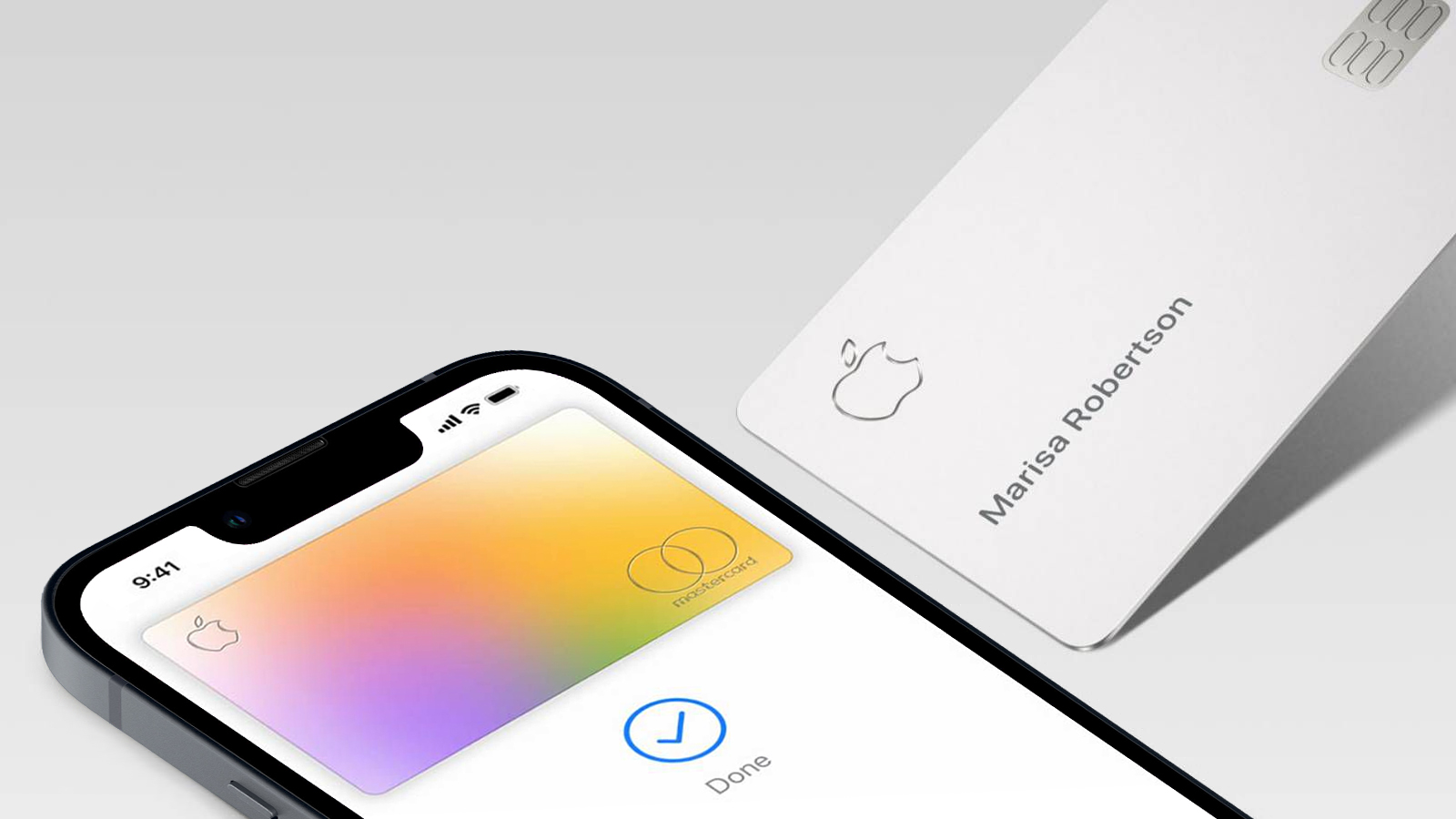Google Introduces Passkey Support for Android and Chrome

The new passkey support introduced by Google on Android and Chrome will provide users with a seamless login experience. It is for both websites and apps, is based on industry standards, and is a more secure method than the passwords and screen lock mechanisms. The system is built on a standard developed by the FIDO Alliance and W3C and uses WebAuthn as the underlying authentication technology.
What is Google Passkey?
Google stated in a blog post, “Passkeys follow already familiar UX patterns and build on the existing experience of password autofill. For end-users, using one is similar to using a saved password today, where they simply confirm with their existing device screen lock, such as their fingerprint. Passkeys on users’ phones and computers are backed up and synced through the cloud to prevent lockouts in the case of device loss. Additionally, users can use passkeys stored on their phone to sign in to apps and websites on other nearby devices.”
Passwordless logins would become significantly popular online as a result of passkey. It would transform the Android smartphone into a passkey that can access websites, and the Google Password Manager will then sync these passkeys for convenient access on all your devices and your computer. The most crucial advantage of passkey is its strong defence against phishing, as there is no username or password to steal, and it also eliminates the need to remember passwords.
Customers can expect Google to make passkeys available next month with the release of Android 9. But first, the developers can enrol in the Google Play Services beta and use Chrome Canary from today.
For more technology news, product reviews, sci-tech features and updates, keep reading Digit.in.







